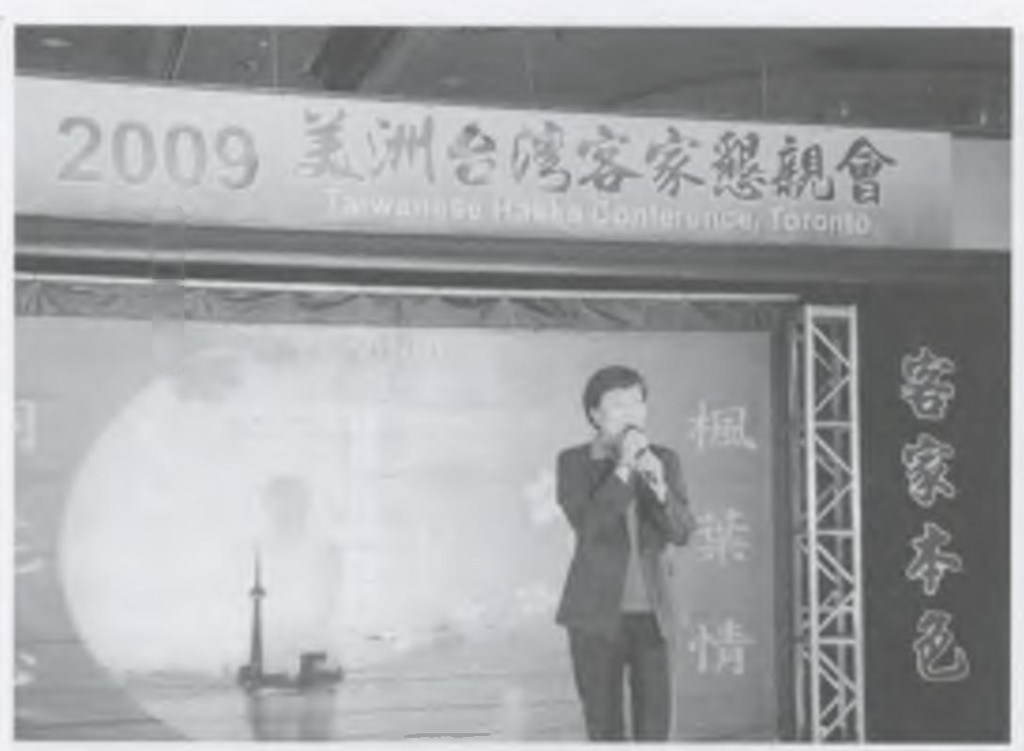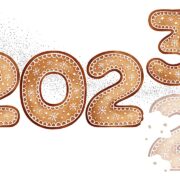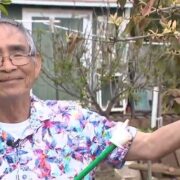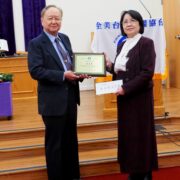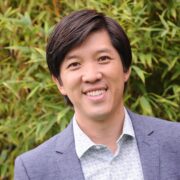Introduction to the Taiwanese Hakka Organizations of America
Author: Hsing-fu Wang
The rise and transformation of Taiwanese Hakka Associations in the Americas is actually closely tied to the development process of Taiwanese society.
Looking back to the 1960s, Taiwan had just recovered from the hardships of war, and during this period, many Hakka people said goodbye to their hometowns, and bringing their families with them, traveled North and South America to fight for a better life. When they first arrived in these foreign countries, speech barriers and lifestyle adjustments made things difficult, so that whether it was because they were busy with schoolwork or just making enough to feed themselves, they normally didn’t have a lot of free time. However, on holidays, things settled a little, and they’d go out searching for the Hakka folk music and traditional Hakka cuisine that they found most familiar, in the hopes of curing their loneliness.
This kind of situation gave rise to the successive creation of Hakka Associations throughout the Americas, in various states in the U.S., Canada, and South America (Brazil, Argentina, etc.). Especially during the late 1970s, a lot of official and unofficial Hakka Associations were launched throughout various places in the Americas. In the beginning, the different Hakka Associations did not have very close contact with one another. This remained true until the late 1980s, when in September 1988, over 10 like-minded Hakka individuals jointly created the “Taiwanese Hakka Association of U.S.A” (THA-USA) in Los Angeles, California. They elected Professor Guei-Yun Yang as their President, and thus began over 20 years of Hakka Cultural activities in the Americas.
Though these Taiwanese Hakka Associations were spread across the continent with groups in the U.S., Canada, Brazil, Argentina, Paraguay, and other places, in the beginning their activities were more or less the same. Parties and dinners formed the basis of their organizations; every year they held celebrations on fixed festivals and holidays, like a spring walk, a summer barbecue, an autumn maple viewing outing, a Christmas Party, and a Lunar New Year’s celebration… they would occasionally participate in local seasonal activities too, like the Carnival parade. On weekdays, they’d also have classes to learn folk songs, the tea-picking dance, or how to cook Hakka cuisine.
Since the Executive Yuan established the Hakka Affairs Council in 2001, Hakka activities have intensified and diversified, with classes for overseas Hakka teachers, a global Hakka culture conference, and a world Hakka Youth cultural camp.
Truthfully speaking, however, in both Taiwan and overseas, a lack of things that young people find appealing is causing the age range of participants in Hakka activities to grow older. Participation from the younger generation of Hakka populations is generally lacking, and this age gap in the inheritance of Hakka heritage only continues to grow worse. Even more cause for worry is that with the general trend towards globalization, the already disadvantaged Hakka language and culture are being lost at an accelerated rate. In the face of this situation, finding out how to spread the Hakka language and culture is a matter of top priority.
Thus, in order to attract younger generations to participate in overseas activities, activities must be entertaining, yet unique and exquisite. Moreover, they must combine local festivals and integrate with their local environment so that they can garner the interest of younger participants. The hope is that the old can be made anew, thereby constructing a new Hakka style and identity.
Hakka culture is an indispensable lifeline to Taiwan’s culture; Hakka people both in Taiwan and abroad must brainstorm ideas for how to inherit the core of Hakka culture and revitalize Hakka villages, and how we can, starting from the Hakka villages in Taiwan, move out towards the global village, re-emerging in Hakka style do that Hakka culture can keep spreading.
Currently, there are 21 Hakka Associations that are a part of Taiwanese Hakka Associations of America. Board of Directors meetings are held regularly online. Important events are as listed below:
| Date | Event | President/Host | Location | Main topic |
| Sep. 1988 | The Taiwanese Association of U.S.A. (THA-USA) was established | President Guei-Yun Yang | Los Angeles, CA | |
| Sep. 1989 | 2nd term of THA-USA | President Cheng-lung Kuo | CA | |
| Jun. 1990 | Hakka Culture Symposium | President Cheng-lung Kuo | University of California | |
| Jul. 1991 | 3rd term of THA-USA | President Yung-pin Liu | Cornell, NY | |
| Nov. 1991 | Taiwan Hakka Association for Public Affairs in North America is established | President Chiou-hung Chen | California | |
| Jan. 1993 | 1st THA-USA Conference | President Yung-pin Liu | Galveston, TX | The Hakka Crisis and Turn-around |
| Jul. 1993 | 4th term of THA-USA | President Ming-chen Chen | Northern CA | |
| Aug. 1995 | 2nd THA-USA Conference | President Ming-chen Chen | San Jose, CA | Promoting Ethnic Harmony and Social Engagement |
| 5th term of THA-USA | President Po-shih Chung | Dallas, TX | ||
| Jul. 1996 | 1st Global Hakka Cultural Summer Conference | President Po-shih Chung/Chan-chi Hsu | Dallas, TX | Fighting for Hakka People’s Political and Economic Rights |
| Aug. 1997 | 3rd THA-USA Conference | President Po-shih Chung | Dallas, TX | The New Hakka of the 21st Century |
| Taiwanese Hakka Association of the World (THAW) was established | President Guei-Yun Yang | Southern CA | ||
| Aug. 1998 | 6th term of THA-USA | President Wei-chin Wu | Southern CA | |
| 2nd Global Hakka Cultural Summer Conference | President Wei-chin Wu/ Man-hsiang Liu | Maryland | Carrying on the Past and Opening the Way for the Future. Welcoming the New Century | |
| Aug. 1999 | 4th THA-USA Conference | President Wei-chin Wu/ James Liang | Los Angeles, CA | A New Outlook for the Hakka People: The Political Party Rotation |
| 7th term of THA-USA | President Davis Chang | Northern CA | ||
| Aug. 2000 | 3rd Global Hakka Cultural Summer Conference | President Davis Chang/ Chun-fa Huang | Toronto, Canada | Let’s Work Together to Welcome a New Century for the Hakka People |
| Aug. 2002 | 4th Global Hakka Cultural Summer Conference | President Kuei-tang Chung/ Pao-chen Li | Chicago, IL | Promoting the True Nature of the Hakka People |
| 2003 | Activities discontinued due to SARS | President Kuei-tang Chung | ||
| 2005 | 5th THA-USA Conference | President Yueh-Mei Wu Rowen/ Yung-hsi Chang | San Paulo, Brazil | Making Friends in the Hakka Community |
| Jul. 2006 | 5th Global Hakka Cultural Summer Conference | President W. D. Lee/ Po-shih Chung | Dallas, TX | The Dream of the Hakka People |
| Jul. 2007 | 6th THA-USA Conference | President C. C. Chung/ Chiung-rung Teng | San Jose, CA | New Opportunities and Challenges for Hakka Taiwanese |
| Nov. 2007 | The “Taiwanese Hakka Association of U.S.A.” (THA-USA) changed its name to the “Taiwanese Hakka Associations of America” (THAA). | |||
| Aug. 2009 | 6th THAA Conference | President Hsing-fu Wang/ Shu-yuan Liao | Toronto, Canada | The Hakka Nature • Creative and Artistic Excellence |
Sourced from the Toronto Newsletter Together 2010/04
Translated from 110. 話說 美洲台灣客家社團/王興富/2015/02

